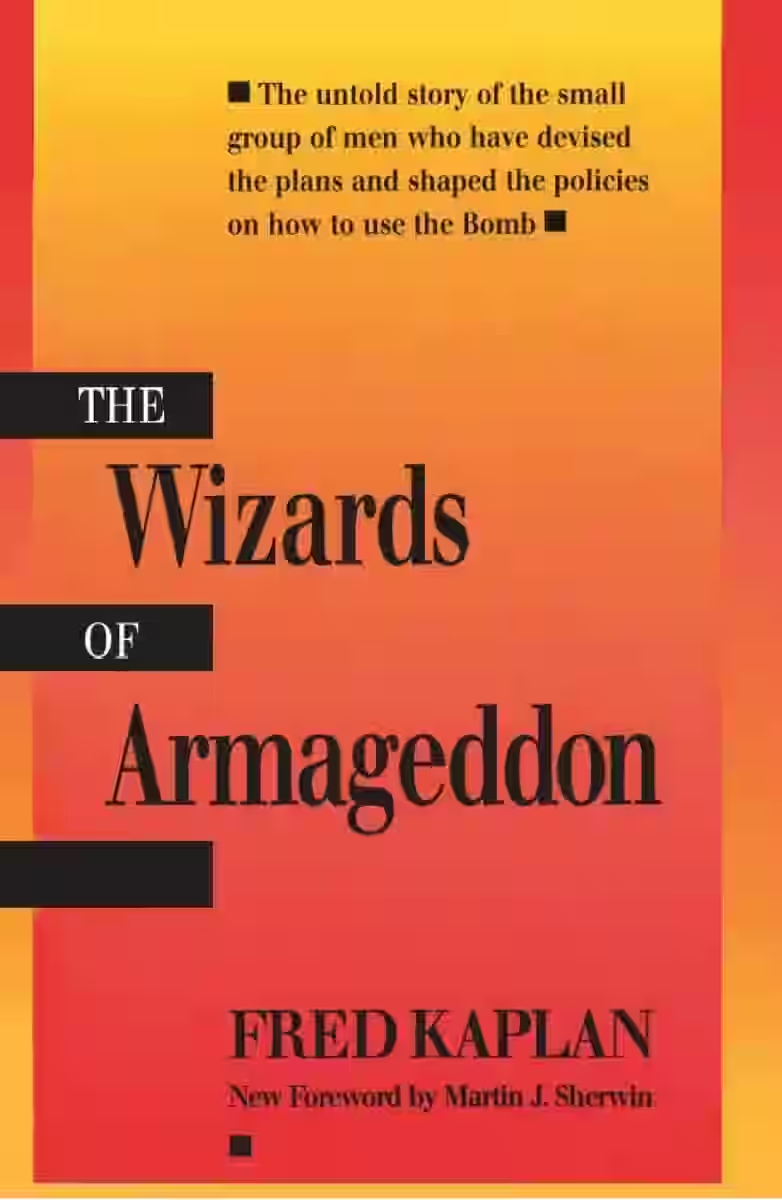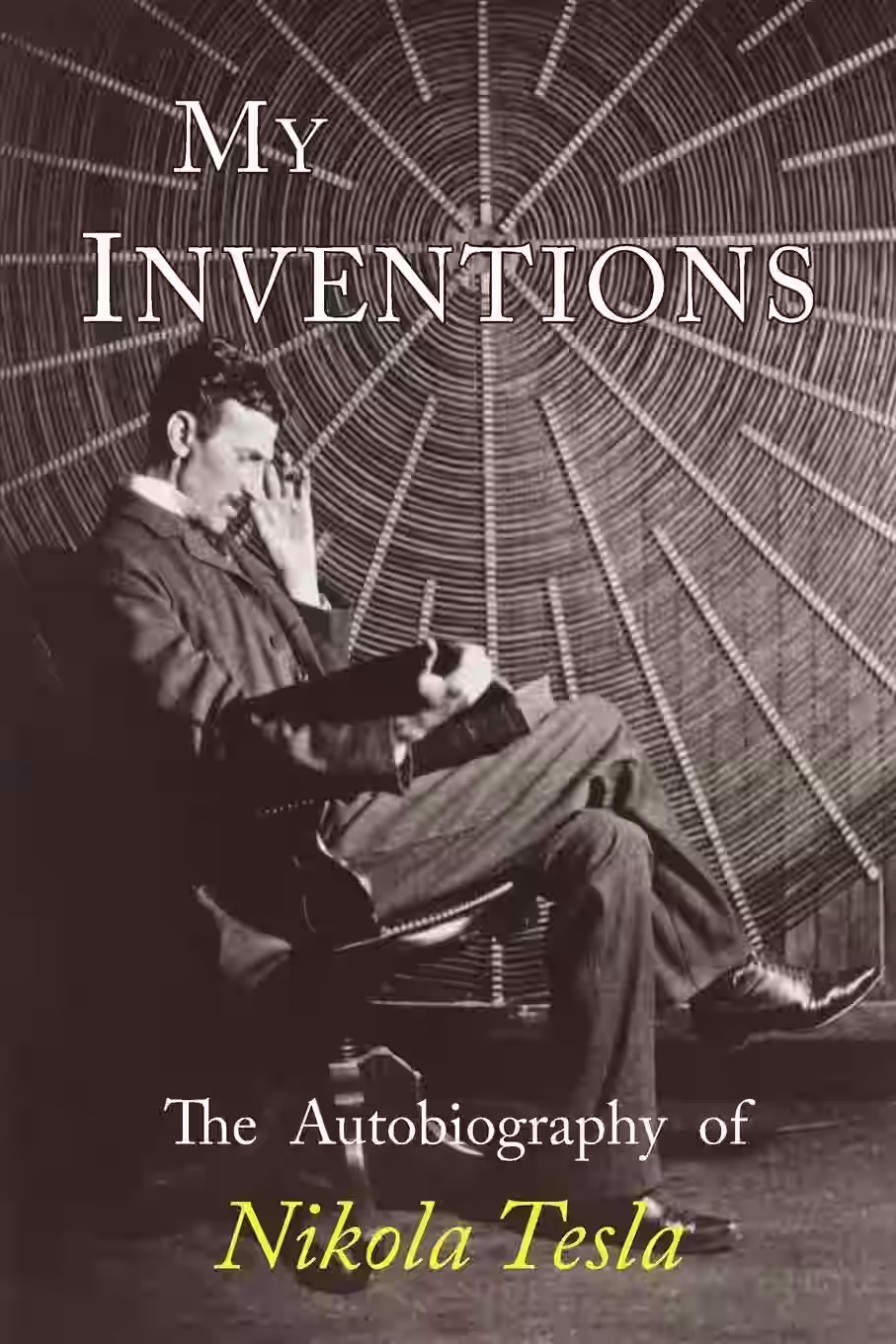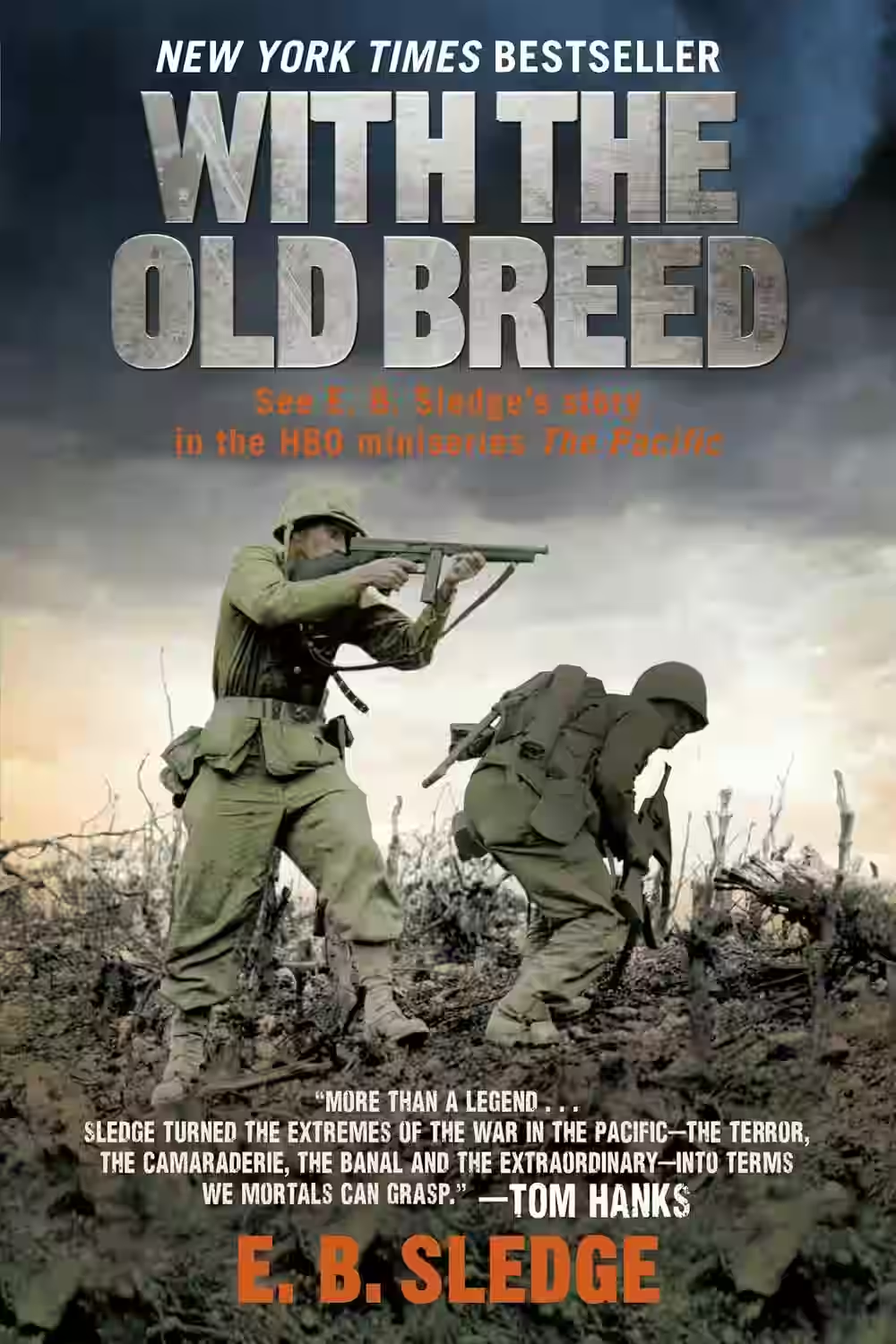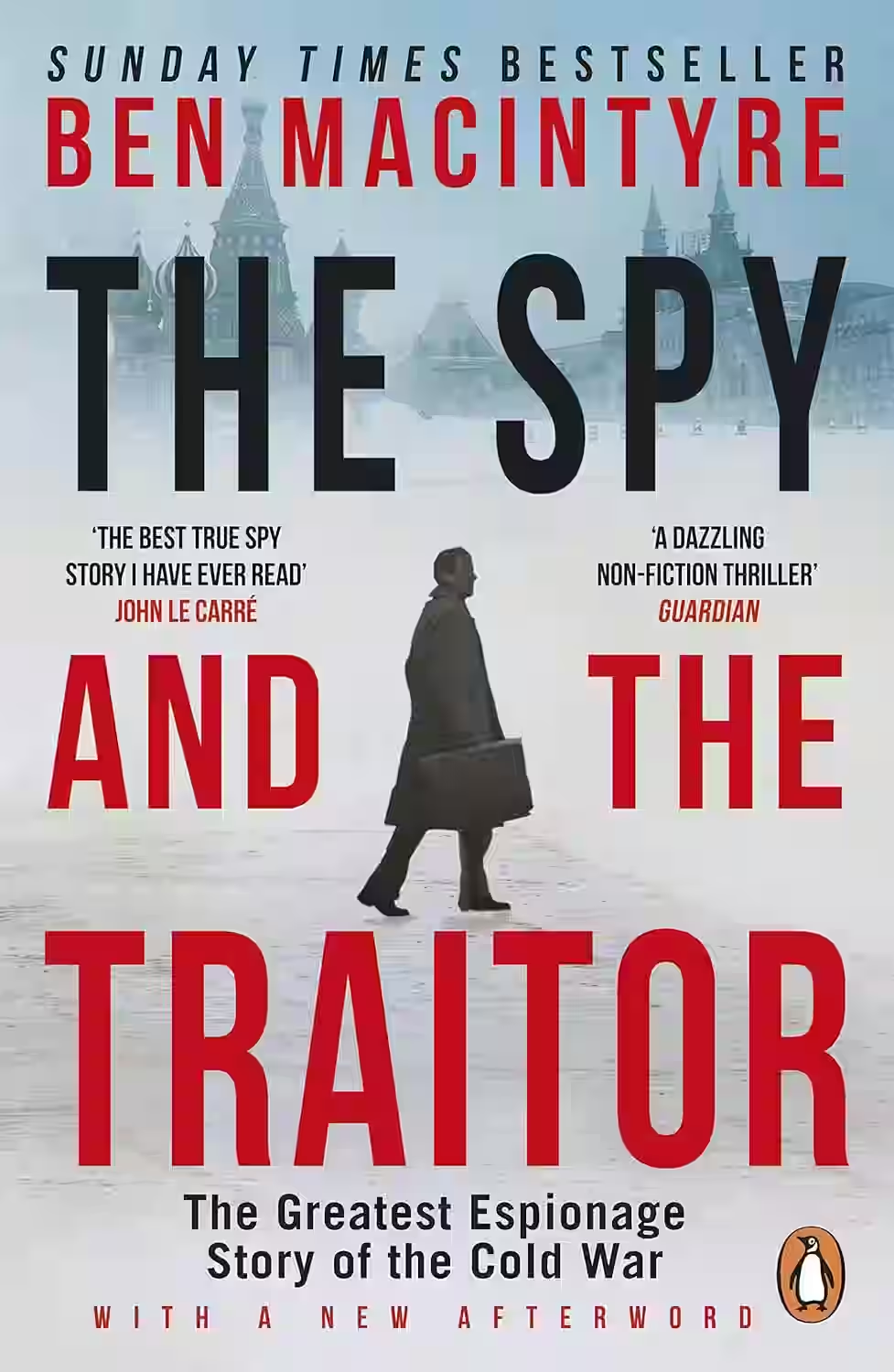
In 'The Wizards of Armageddon' by Fred Kaplan, readers are taken on a gripping journey through the history of nuclear strategy and the Cold War. Kaplan delves into the lives of key figures known as the 'wizards,' who shaped and influenced America's approach to nuclear warfare. Through meticulous research and compelling storytelling, the book explores the high-stakes decisions and the terrifying potential consequences of living in a world armed with nuclear weapons. Kaplan's clear prose and detailed analysis provide readers with a deeper understanding of the complexities and challenges of nuclear deterrence. A must-read for those interested in military history and political strategy.
About Fred Kaplan
Fred Kaplan is an acclaimed American author and journalist known for his insightful works on military and political history. With a background in journalism, Kaplan has written for prominent publications such as The New York Times and Slate. He gained widespread recognition for his biographies of influential figures like Abraham Lincoln, Thomas Carlyle, and Mark Twain. Kaplan's meticulous research and engaging storytelling have captivated readers, shedding light on the lives and contributions of these historical icons. His passion for uncovering the untold stories behind key historical moments has made him a revered figure in the realm of literary biography.
Similar Books

My Inventions: The Autobiography of Nikola Tesla
by Nikola Tesla
Nikola Tesla (1856–1943), a visionary of the electronic age, pioneered much of modern electrical and communication systems. His groundbreaking work included the alternating-current system, radio, the Tesla coil, wireless transmission, and fluorescent lighting. Despite his monumental contributions, Tesla's genius was often misunderstood, leading to others being credited for his innovations. This volume, originally a 1919 magazine series, offers Tesla's own account of his life, from his Croatian boyhood and European education to his collaboration with Edison and his subsequent revolutionary research. Written with wit, his memoir provides fascinating insights into the mind of a true scientific pioneer, covering his early life, inventions, and key discoveries like the rotating magnetic field and telautomatics.

With the Old Breed
by E.B. Sledge
E.B. Sledge's 'With the Old Breed' is a poignant and harrowing personal account of his experiences as a Marine in the Pacific during World War II. Through vivid and visceral prose, Sledge brings to life the brutal realities of combat, showcasing the camaraderie, suffering, and resilience of the men he fought alongside. The book delves into the psychological toll of war, the challenges of survival in extreme conditions, and the moral dilemmas faced by soldiers. Sledge's raw and honest narrative provides a deeply human perspective on the horrors of war and the bonds formed in the crucible of conflict.

My Years with General Motors
In My Years with General Motors, Alfred P. Sloan recounts his leadership of one of America’s most iconic corporations during its rise to industry dominance. Serving as GM’s president, then chairman, Sloan details how he transformed the company through decentralized management, financial discipline, and strategic innovation. His memoir provides deep insight into corporate governance, organizational structure, and long-term planning. More than a personal narrative, the book is a blueprint for modern business practices and executive leadership. It has been widely studied by business schools and executives, offering timeless lessons on scale, efficiency, and adapting to change in a competitive marketplace.

The Spy and the Traitor
The Spy and the Traitor is a gripping true story of Oleg Gordievsky, a high-ranking KGB officer who became a double agent for Britain during the Cold War. Through meticulous research and vivid storytelling, Macintyre traces Gordievsky’s espionage, his moral struggles, and his daring escape from Soviet Russia. The book reads like a thriller, filled with tense meetings, coded signals, and near-misses. It reveals the shadowy chess match between East and West and the individual courage it demanded. A masterwork of narrative nonfiction, it’s both historically illuminating and impossible to put down.